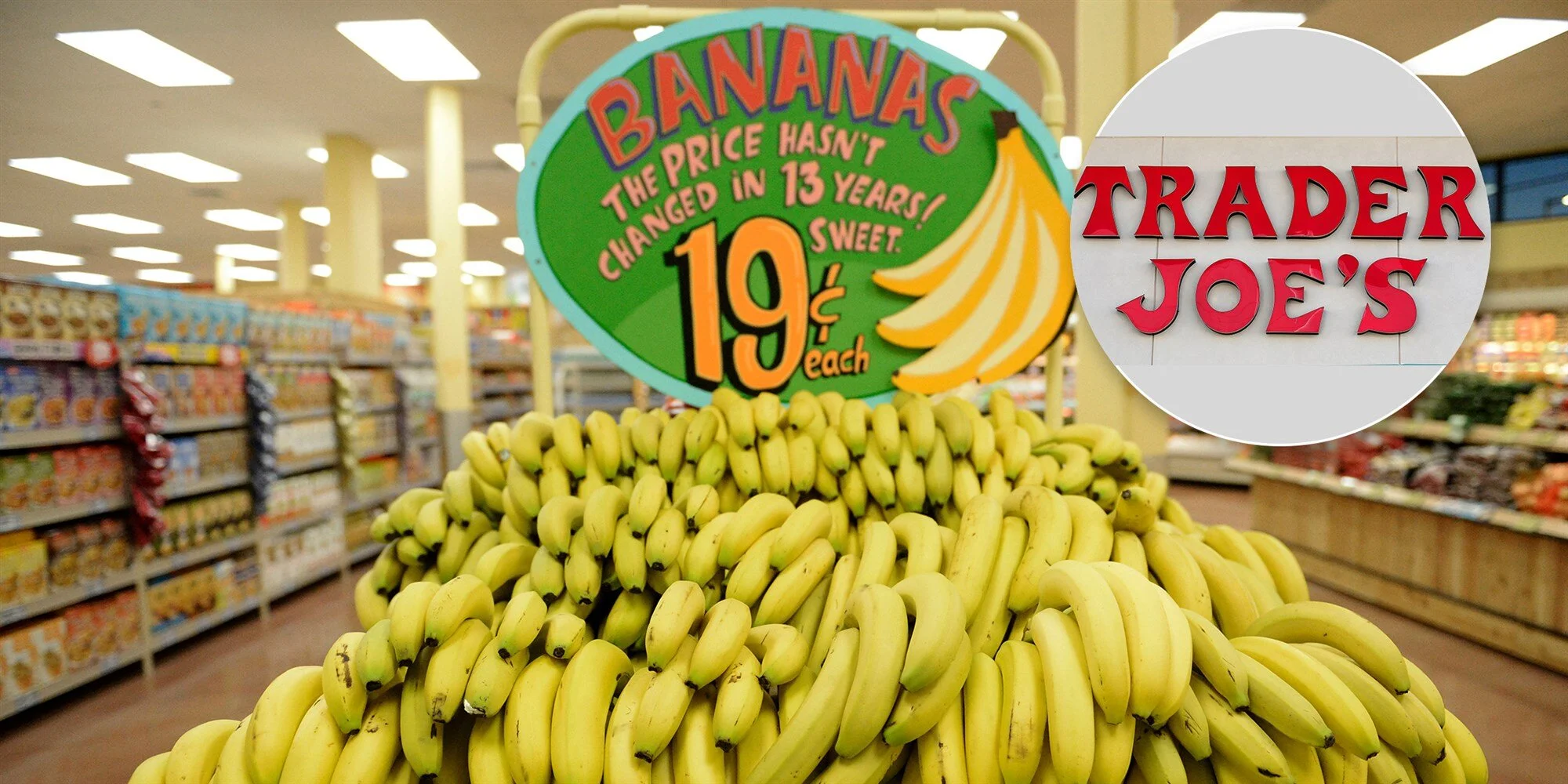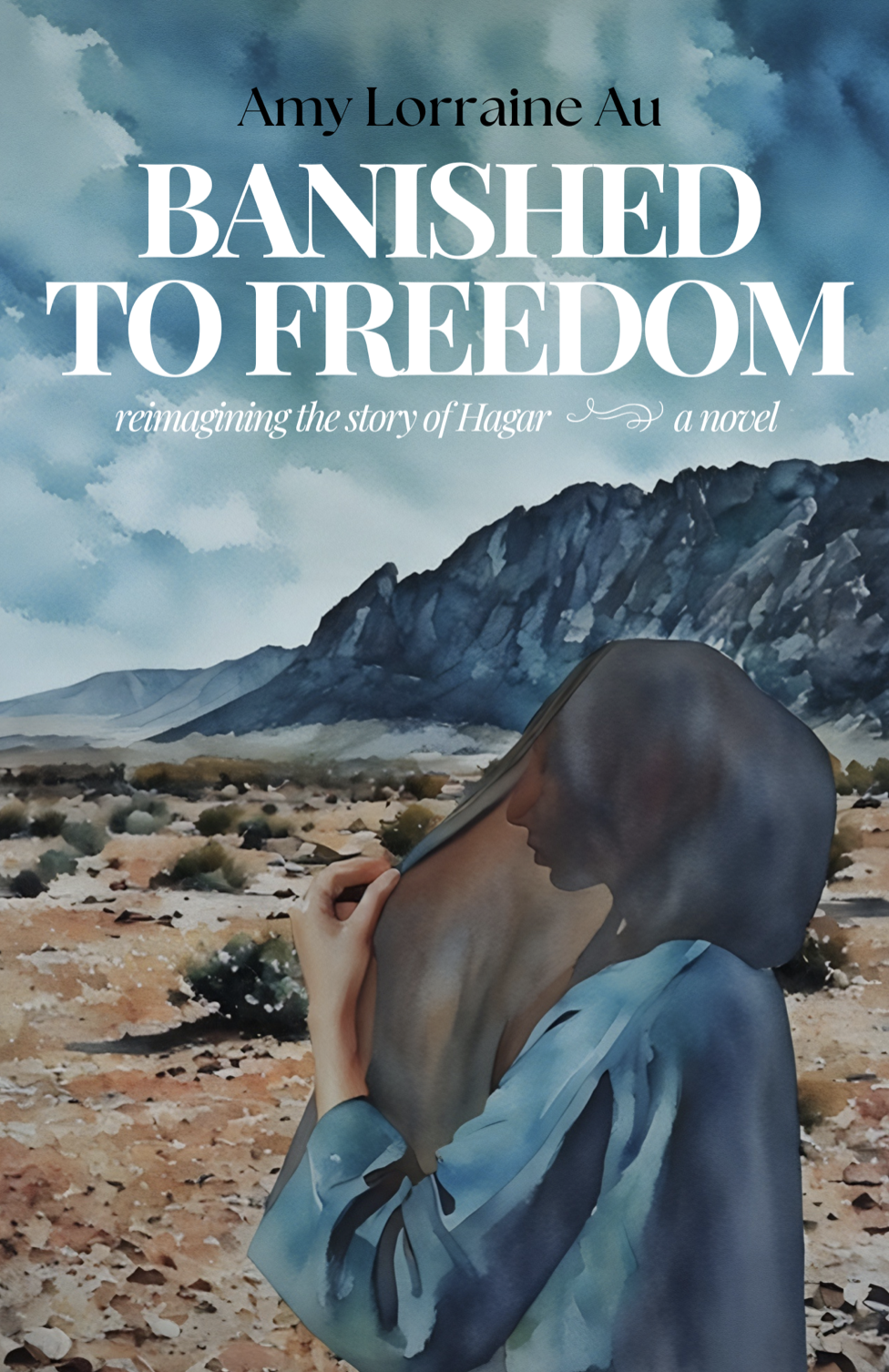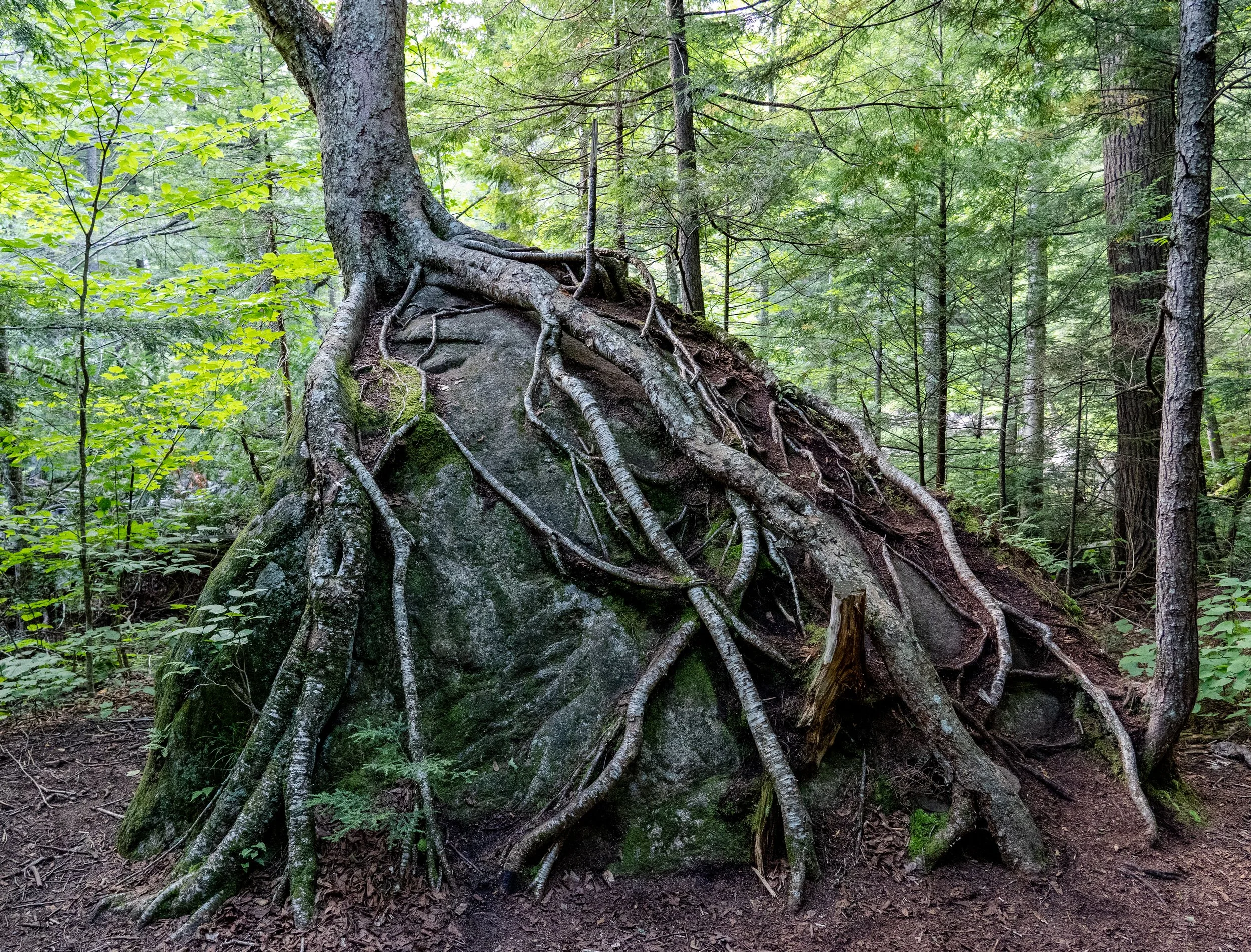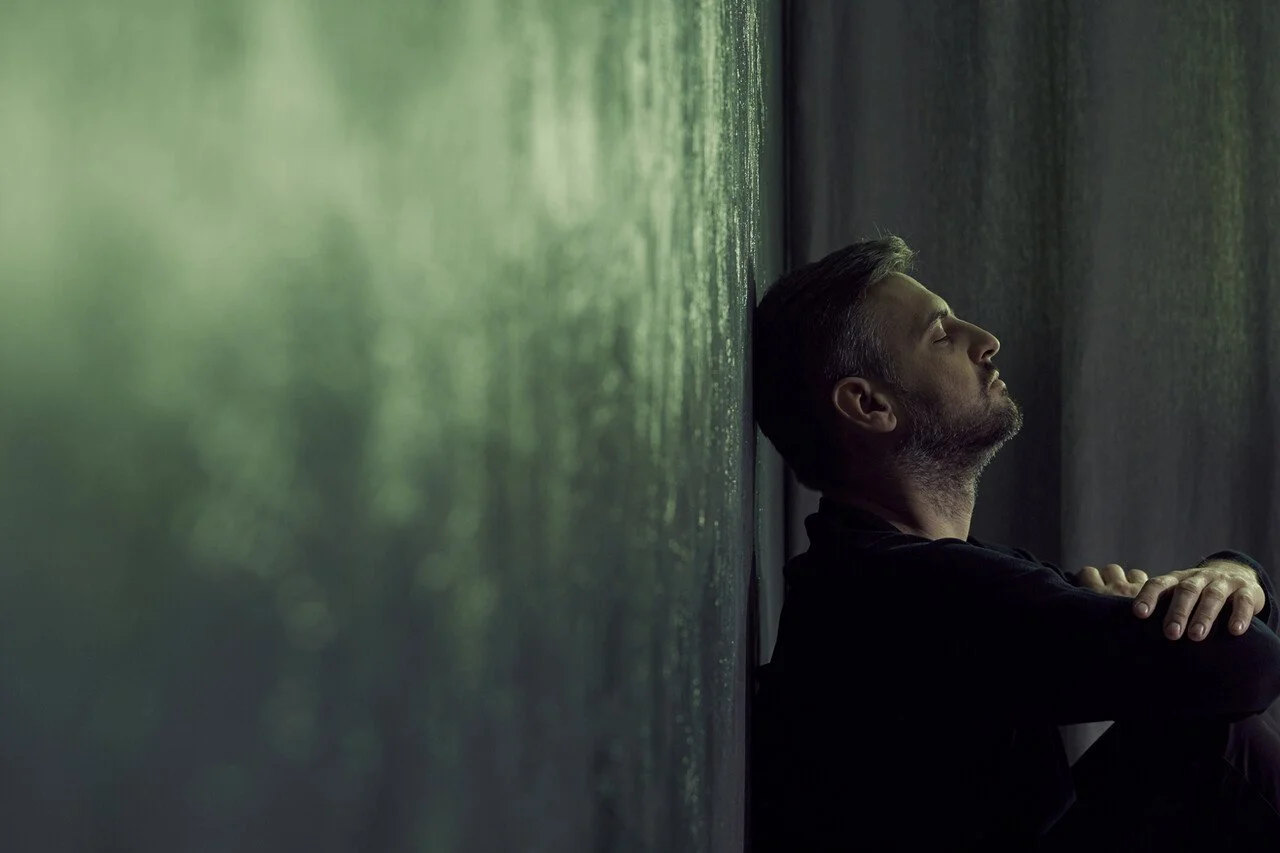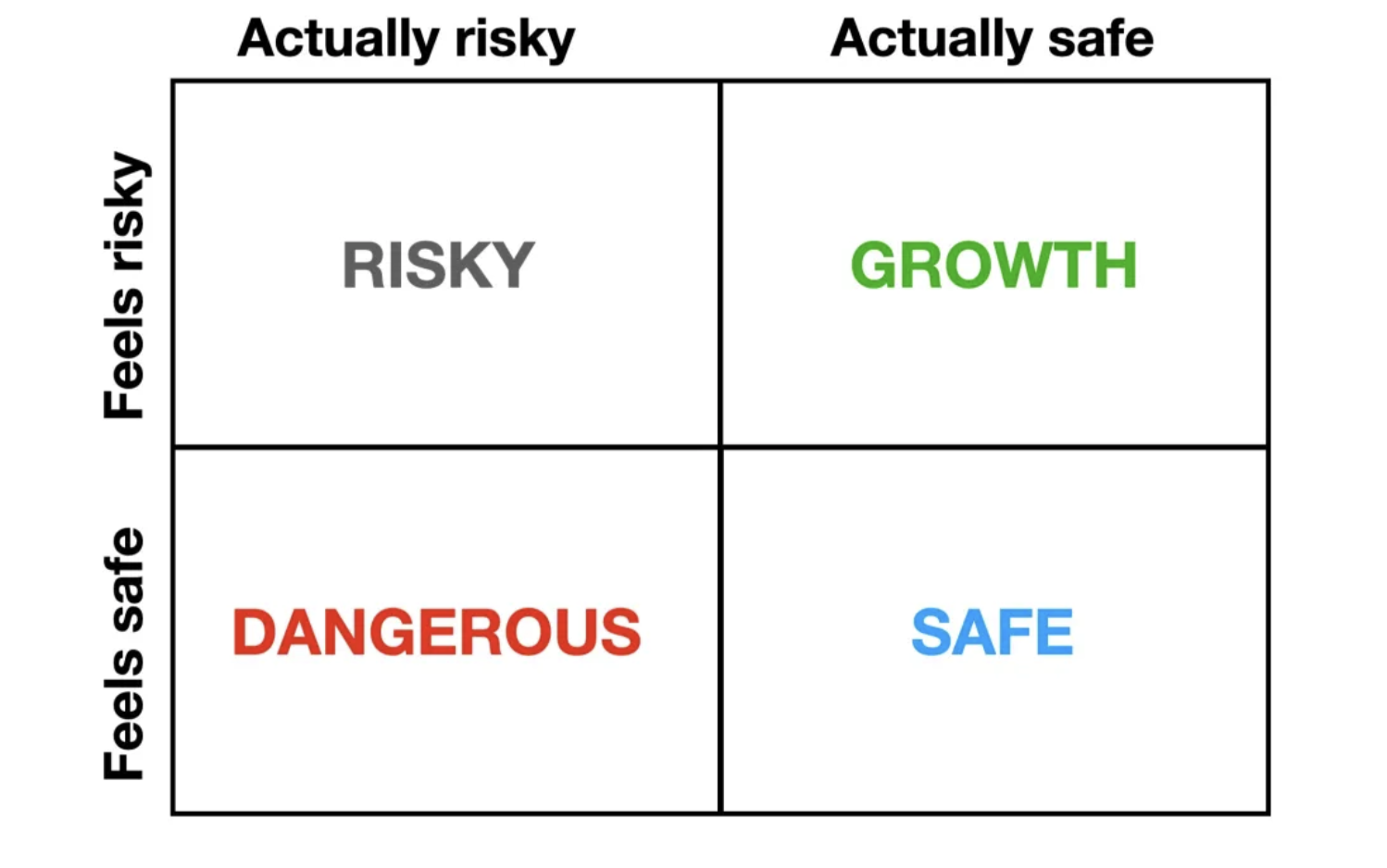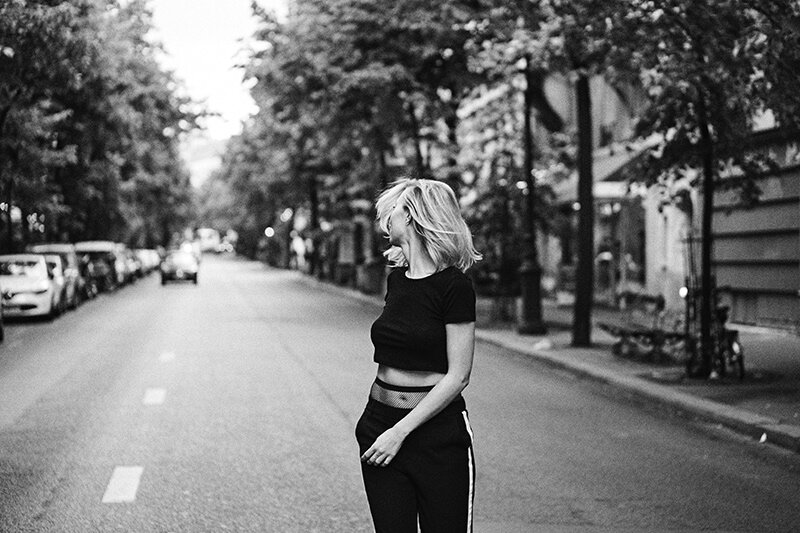Two hours ago I walked into a Trader Joe’s to get OJ and bananas and walked out with over $100 worth of frozen meals and dry goods.
Despite having shopped at two other grocery stores last night and thus having a full refrigerator, the combination of empty shelves, overloaded shopping carts and the speed at which people combed the aisles was panic-inducing.
I KNOW we have enough food and just yesterday morning rolled my eyes at other people’s over reactions, but back in my car I realized the logical part of my brain had not been powerful enough to override my mirror neurons as they screamed at me to mimic the intense emotions and dysregulated behavior of those around me.
Driving home, I was too flooded to listen to my usual audiobook or even leave a voicemail update for a friend who reached out last night to check in on our family.
Even crazier was unloading my groceries and seeing I had bought a total of 32 bananas from the three stores I had visited in the past 12 hours. A few minutes later, I realized it was because a friend who lives in another state had texted me yesterday afternoon that her grocery stores was out of bread, onions and—-you guessed it, bananas. The process of internalizing the emotions and experiences of others had begun hours ago not when I walked through the doors of my local Trader Joe’s.
The battle I have faced, the last 24 hours, to choose my own emotional and behavioral response to my world’s reaction to the Coronavirus, has taught me much about the impossibility it would have been as a young child to have felt differently than my mentally-ill parents.
When sharing stories about my family growing up, I often expect so much of my younger self. Even as young as age four, I can find fault with my coping methods—that I wasn’t more separate from the darkness going on around me or that I didn’t stand up to the unhealthy behavior of my caregivers or that I didn’t learn earlier how to have not needed their care or connection.
But at 46 years old, I can’t even walk into a chaotic grocery store and only get what I need when others are fearfully stocking up. How kind is it then that I demand of myself as an adult to no longer carry any trace of those I grew up engulfed by?
What story do you need to tell about the emotions you were surrounded by growing up in order to be more patient and kind with yourself as an adult?
